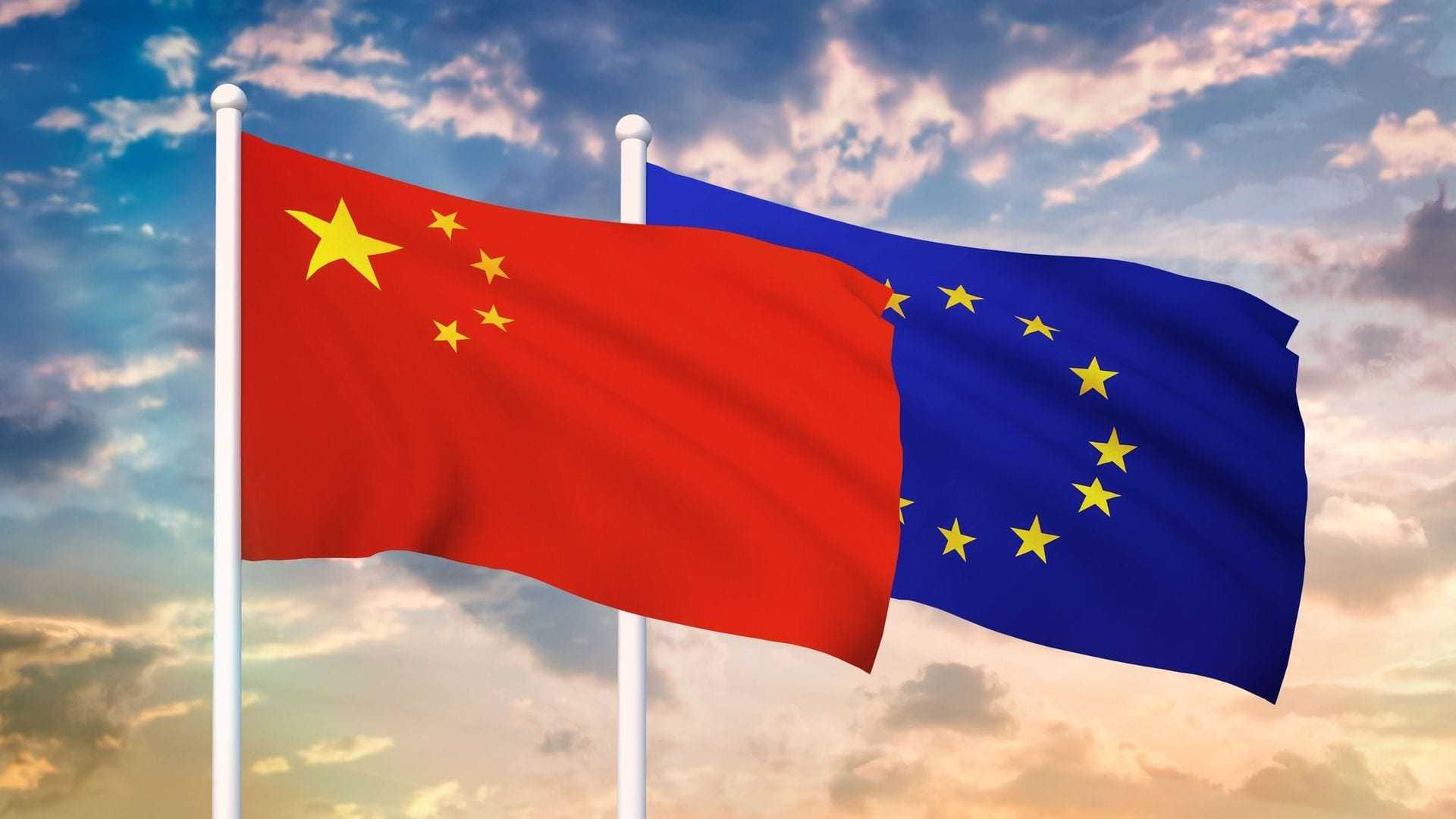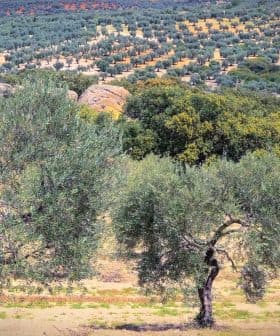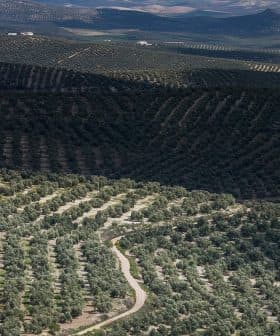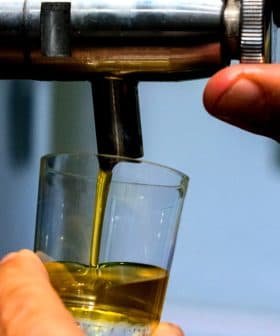Geographical Indications Protected in New China-E.U. Trade Deal

The E.U. and China have reached a trade deal to protect 24 extra virgin olive oils from France, Greece, Italy, Portugal, and Spain from imitation and competition, following 10 years of negotiation. This agreement will safeguard the intellectual property rights of these oils, which are estimated to be worth over $326 million annually, and will now go to the European Parliament for formal ratification.
The geographical indications of 24 extra virgin olive oils denominations are set to be formally protected against imitation by local competition and other imports in the European Union’s impending trade deal with China.
Safeguarding the Protected Designation of Origin (PDO) and Protected Geographical Indicator (PGI) status of the local specialties from France, Greece, Italy, Portugal and Spain came after 10 years of negotiation between the two sides.
See Also:Trade NewsOverall, there are 127 different extra virgin olive oils with a protected geographical indication in the E.U., coming from seven countries.
According to a recent study by the European Commission, extra virgin olive oils with a geographical indication are worth an estimated $326 million per annum. For the entire agricultural sector, PDO and PGI products are worth more than $80 billion each year.
“The E.U.-China agreement will therefore provide an important protection of the products’ intellectual property rights: it will safeguard against translation, transcription or transliteration, and against the use of the protected geographical indications accompanied by expressions such as ‘kind,’ ‘type,’ ‘style,’ ‘imitation’ or the like in respect of a non-originating product,” the Council of the European Union said in a statement.
Having passed through the council of 27 E.U. trade ministers, the deal will now go to the European Parliament, where it is expected to be formally ratified later in the year.
The following PDO and PGI olive oils were included in the agreement:
Sitia Lasithiou Kritis (Greece)
Sierra Mágina (Spain)
Priego de Córdoba (Spain)
Huile d’olive de Haute-Provence (France)
Vorios Mylopotamos Rethymnis Kritis (Greece)
Kalamata (Greece)
Kolimvari Chanion Kritis (Greece)
Lakonia (Greece)
Peza Irakliou Kritis (Greece)
Aprutino Pescarese (Italy)
Chianti Classico (Italy)
Toscano (Italy)
Azeite de Moura (Portugal)
Azeite do Alentejo Interior (Portugal)
Azeite de Trás-os-Montes (Portugal)
Aceite del Bajo Aragón (Spain)
Antequera (Spain)
Baena (Spain)
Estepa (Spain)
Sierra de Cazorla (Spain)
Sierra de Segura (Spain)
Siurana (Spain)
Montes de Toledo (Spain)
Aceite Campo de Montiel (Spain)









